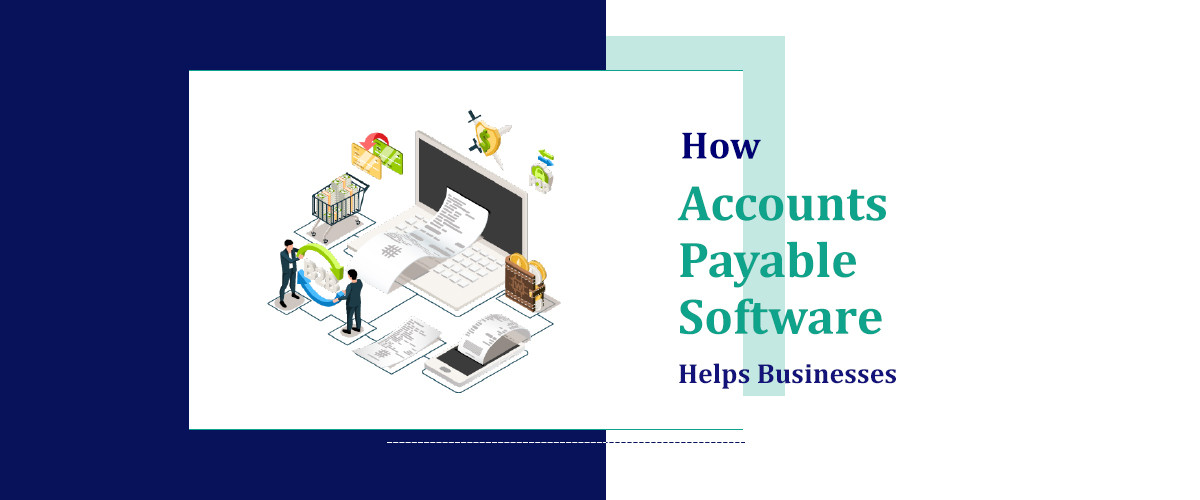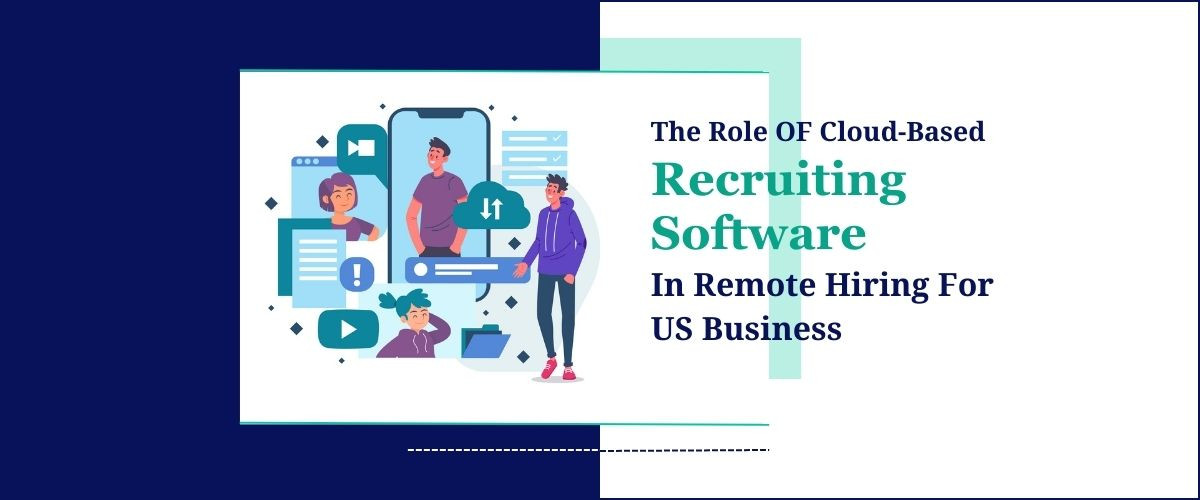What we'll cover
Cloud computing has become a crucial component of organisations in today's digital world, helping them to grow, develop, and maintain their competitiveness. The rising dependence of organisations on cloud infrastructure highlights the critical need for efficient cloud management. We'll go over the advantages of a strong cloud management platform and why it's critical for companies of all kinds in this blog article.
What is Cloud Management Platform?
An organisation can utilise a Cloud Management Platform (CMP), which is a full suite of integrated software tools, to monitor and manage cloud computing resources. It offers a single, unified view across several cloud service providers and assists enterprises in managing and optimising their cloud infrastructure for cost, security, and performance. In the US, where cloud computing is widely used by enterprises, having a strong CMP is essential for efficient operations and good cloud governance.
Because cloud computing is being so widely used, a Cloud Management Platform (CMP) is becoming more and more important for American enterprises. A centralised platform to manage and keep an eye on these resources is essential as cloud services become more and more important to organisations.
Why is Cloud Management Platform Important?
Cloud management is critical for a number of reasons, especially in the US software sector. It enables centralised management of different cloud computing services and products, resulting in effective resource distribution and use. Businesses may respond in real time to the changing demands and requirements by managing and monitoring these services, which boosts productivity and lowers expenses. Additionally, strong security standards are provided by cloud management, which is essential in a world where cyber attacks and data breaches are becoming more frequent.
Effective cloud management is essential in the software sector, as sensitive data and intellectual property are frequently kept there.Businesses may also simply and swiftly grow their operations with the help of cloud management. Because of the cloud's flexibility, businesses may quickly scale down or expand their resource use in response to demand. More agility and a quicker time to market are made possible by this, which is a big advantage in the cutthroat software market.
Furthermore, improved data governance results from efficient cloud administration. Any software firm relies heavily on data, and maintaining its confidentiality, availability, and integrity is essential to the business's success. By enabling effective data backup and recovery procedures, cloud management lowers the chance of data loss and downtime. It also facilitates compliance with regulations such as GDPR or HIPAA, which are becoming increasingly important in the software industry.
How Does Cloud Management Software Work?
The way cloud management software works is by offering a single platform for managing resources that are located in the cloud. Businesses may use this application to manage network, storage, and bandwidth resources that are spread across several cloud sites. Through a single dashboard, users may access and Bug tracking software these resources in real time.
In addition, the cloud management software offers automated solutions for cost management, resource provisioning, and use monitoring, which improve resource allocation and lower total operating expenses. It also has security capabilities to shield cloud resources from any dangers.
For enterprises that depend on cloud computing to succeed, cloud management software is essential. The demand for effective and safe administration has grown as cloud services are used more often. Cloud management software offers several advantages to enterprises in addition to streamlining operations.
The capacity of cloud management software to centrally manage all cloud-based resources is one of its primary benefits. This makes it possible to monitor consumption and spot possible problems more easily by providing improved visibility and supervision of the whole infrastructure. Additionally, companies may make sure that their cloud resources are being used effectively and economically by automating resource provisioning and tracking.
Scalability is an additional advantage of cloud management software. Businesses may simply scale up or down their cloud resources utilising the software's features as their demands change as they expand. This decreases the possibility of over- or under-provisioning, which can result in resource waste and higher expenses, and removes the need for human modifications.
Benefits of a Cloud Management Platform
Many benefits from a dependable cloud management platform improve operations and make the most of cloud resources. Let's examine these main advantages:
1.Centralised Management of Cloud Resources: With the help of a cloud management platform's single dashboard, IT specialists can see and manage their cloud infrastructure in full. The administration, monitoring, and allocation of resources are made easier by this centralised method.
2.Cost Control and Optimisation: In the cutthroat market of today, efficient cost control is essential. Businesses may maximise resource allocation, find cost-saving possibilities, and make sure they are only paying for the resources they need using the tools and data provided by a cloud management platform.
3.Enhanced Security and Compliance: For companies using the cloud, security is of utmost importance. Access controls, threat monitoring, encryption, and other strong security features are all included in a full cloud management platform. Additionally, it aids businesses in following regulatory guidelines, guaranteeing privacy and security of data.
4.Automating Regular processes: Manual, repeated processes may be error-prone and time-consuming. Routine operations like provisioning, scaling, and backup are automated by cloud management platforms, giving IT staff more time and resources to devote to important projects.
5.Flexibility and Scalability: Cloud infrastructures must have the capacity to adjust their resource levels in response to demand. Businesses can easily grow their infrastructure with the help of a cloud management platform, guaranteeing optimum performance and cost savings.
Key Features Of Cloud Management Platforms
1.Automation and Orchestration: By automating and coordinating work, CMPs can increase productivity and decrease the need for human intervention.
2.Self-service Provisioning: They provide self-service features that let users provide resources on demand without involving the IT department.
3.Resource Optimisation: To guarantee that resources are used as efficiently and profitably as possible, CMPs keep an eye on how they are being used.
4.Security and Compliance: They include capabilities for managing security and compliance, making sure that data is safe and rules are followed.
5.Multicloud Management: Using a single console, CMPs enable the management of resources dispersed among several cloud providers. This lowers complexity and streamlines management.
6.Cloud Governance: They oversee and manage cloud resources, guaranteeing adherence to company guidelines and norms.
Why Should You Start Using a Cloud Management Platform, Today?
Using a Cloud Management Platform (CMP) in the US market may transform your company's operations by offering cost-effectiveness, scalability, and agility. Your company can effectively manage and optimise cloud resources using CMP, allowing for quick reaction to changes in the market. Additionally, it makes it possible to use the pay-as-you-go approach, which lowers the capital cost associated with operating on-premise servers. Additionally, a lot of CMPs guarantee strong security processes that comply with strict US regulatory standards, shielding your private information from online risks. Utilise a cloud management platform now to advance your company's future.
The US market has seen a rise in the use of Cloud Management Platforms (CMPs) because of their capacity to revolutionise corporate processes. Organisations may increase overall productivity and optimise their cloud management procedures by implementing a CMP. This is especially helpful in the fast-paced corporate climate of today, as maintaining competitiveness requires quick responses to changes in the market.
The scalability provided by a CMP is one of its main benefits. Resources may be scaled up or down as needed, allowing firms to quickly adapt to changing demand without incurring excess costs. This relates to cost-effectiveness as well because CMPs usually use a pay-as-you-go approach, which lowers the requirement for capital investment on upkeep of physical servers.
Explore the significance of an effective cloud management platform for your business. Learn from a trusted Cloud solution provider in UK how to optimize your cloud infrastructure for efficiency and scalability. Harness the power of tailored solutions to drive your business forward with confidence.
Challenges Of Managing A Cloud Environment
There are a number of difficulties in managing a cloud environment, especially on US platforms. Data security issues are the most pressing of them, as critical data Website builder software kept on the cloud may be compromised. Another major concern is regulatory compliance, particularly in light of the strict data privacy rules in the US. Additionally, because many cloud providers utilise a pay-as-you-go approach, controlling expenses can be challenging. This complexity is further increased by the need to maintain maximum performance and prevent resource waste. Finally, it takes ongoing learning and adaptation to stay up to date with the never-ending stream of new tools, technologies, and best practices in the quickly developing field of cloud computing.
In addition to data security and legal compliance, maintaining a cloud environment has additional difficulties. Among them are:
1. Resource Management: Determining the precise number of resources needed and allocating them appropriately can be difficult. This may lead to under-provisioning, which may result in performance problems, or over-provisioning, which may result in needless expenses.
2. Service Level Agreements (SLAs): Ensuring that all cloud service providers are adhering to their SLAs can be difficult when employing numerous providers. Careful observation and handling are necessary to prevent any possible interruptions in service or system failures.
3. Vendor Lock-In: Switching to a different cloud provider may be a challenging and expensive procedure. Because of this, businesses may find themselves forced to choose a single provider, which would reduce their options and perhaps drive up expenses.
4. Data Integration: It can be challenging to integrate data from multiple on-premises and cloud services, particularly when working with disparate formats and protocols. To guarantee smooth data transfer across systems, this calls for certain expertise and equipment.
5. Governance: It is essential to have appropriate governance in place when more and more components of an organization's infrastructure are moved to the cloud. This covers guidelines and practices for controlling cloud resource utilization, security, and access.
6. Lack of Visibility: It might be difficult to obtain a thorough picture of all the resources being consumed when several cloud services are being used.
Conclusion
The implementing an effective cloud management platform is not just a luxury, but a necessity in today's digital-driven business environment. SaaS Adviser, with its immense expertise and innovative approach, can help your organization navigate the complexities of cloud management. Our platform enables streamlined operations, cost optimization, enhanced security, and agility, crucial for the success of your business in a rapidly evolving digital landscape. Choose SaaS Adviser for your cloud management needs and propel your business towards enhanced efficiency and growth.
Cloud management is a continuous process that requires constant monitoring and adjustments to ensure optimal performance. With SaaS Adviser, you can rest assured that your cloud infrastructure is constantly optimized for maximum efficiency and cost-effectiveness.
A Cloud Management Platform (CMP) is a suite of integrated tools that provide centralized management of cloud environments, including public, private, and hybrid clouds, to optimize performance, security, and cost.
It streamlines cloud operations, automates resource provisioning, ensures security compliance, optimizes costs through efficient resource use, and enables agile responses to changing business needs.
Yes, small businesses can greatly benefit from a CMP by gaining the ability to efficiently manage cloud resources, minimize costs, and improve security, which are critical for growth and competitiveness.
Important features include automation tools, cost management and optimization, security and compliance management, performance monitoring, and support for multi-cloud environments.
A CMP enhances security by providing centralized visibility into all cloud resources, implementing consistent security policies across environments, and promptly addressing vulnerabilities and threats.

.jpg)

